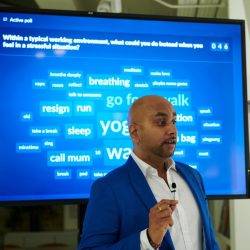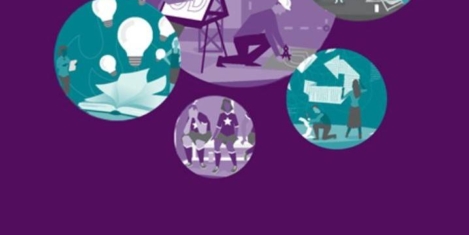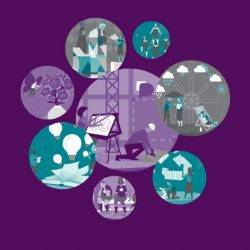November 29, 2018
2019 will be the year of the data-driven digital ecosystem, claims Dell
 Dell Technologies have shared their predictions for 2019. Its central forecast is that this will be the year of the data-driven digital ecosystem, bringing us one step closer to 2030, which Dell describes as the next era of human-machine partnerships and a society where we will be immersed in smart living, intelligent work, and a frictionless economy. This includes: The spark of the next gold rush in tech investments, spurred by the greater value to be derived from data; 5G paving the way for micro-hubs to line our streets, and the opportunity for real-time insights; Multi-cloud environments driving automation, AI and ML processing into high gear; Making room in the workforce for Gen Z; and stronger, smarter and greener supply chains
Dell Technologies have shared their predictions for 2019. Its central forecast is that this will be the year of the data-driven digital ecosystem, bringing us one step closer to 2030, which Dell describes as the next era of human-machine partnerships and a society where we will be immersed in smart living, intelligent work, and a frictionless economy. This includes: The spark of the next gold rush in tech investments, spurred by the greater value to be derived from data; 5G paving the way for micro-hubs to line our streets, and the opportunity for real-time insights; Multi-cloud environments driving automation, AI and ML processing into high gear; Making room in the workforce for Gen Z; and stronger, smarter and greener supply chains







 Generation Z, the latest generation to enter the workforce, are more likely to be motivated by job satisfaction and working for social good than by money, a new report claims According to new research from Huawei, in partnership with Chris Brauer, Director of Innovation at Goldsmiths, University of London, based on responses from 2,000 18-25-year olds’ across the UK, also reveals that a new tribe of working professionals among Gen Z is emerging, the ‘New Working Order’.
Generation Z, the latest generation to enter the workforce, are more likely to be motivated by job satisfaction and working for social good than by money, a new report claims According to new research from Huawei, in partnership with Chris Brauer, Director of Innovation at Goldsmiths, University of London, based on responses from 2,000 18-25-year olds’ across the UK, also reveals that a new tribe of working professionals among Gen Z is emerging, the ‘New Working Order’. 










 People and machines are entering a new era of learning in which artificial intelligence (AI) augments ordinary intelligence and helps people realise their full potential. But CIOs need to prepare workers for a future in which people do more creative and impactful work because they no longer have to perform many routine and repetitive tasks, according to analysts speaking at the
People and machines are entering a new era of learning in which artificial intelligence (AI) augments ordinary intelligence and helps people realise their full potential. But CIOs need to prepare workers for a future in which people do more creative and impactful work because they no longer have to perform many routine and repetitive tasks, according to analysts speaking at the 













November 30, 2018
How the way we interact with technology is changing the way we think
by Charles Marks • Comment, Technology, Workplace design
More →